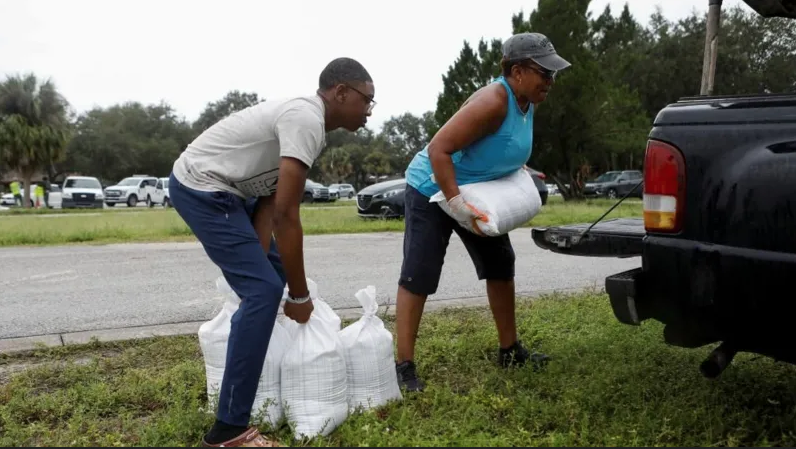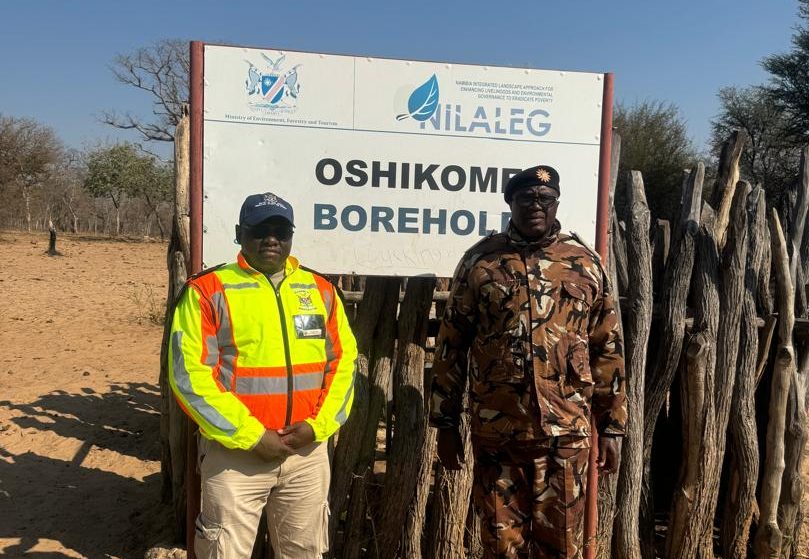UNAIDS calls for protection of human rights on International Day Against Homophobia, Biphobia and Transphobia
Written by on May 15, 2024
Ahead of the International Day Against Homophobia, Biphobia and Transphobia (IDAHOBIT), commemorated worldwide on 17 May, UNAIDS is calling on governments everywhere to protect the human rights of LGBTQI+ people.
Protecting the human rights of every person, UNAIDS research shows, is essential for protecting public health, because it enables inclusive and equitable access to health services without discrimination.
The movement for human rights for all has made important progress.
For example, at the start of the AIDS pandemic, most countries criminalised LGBTQI+ people, but now, two thirds of countries do not.
However, more than 60 countries still criminalise the LGBTQI+ community while another 20 countries criminalise gender expression and identity.
“Stigma, discrimination and criminalisation can be lethal,” says UNAIDS executive director Winnie Byanyima.
“In the response to HIV, we learned that a human rights-based approach is critical in responding to a health crisis and leaving no-one behind. Countries must remove these discriminatory criminal laws and introduce legislation which protects rights if we are to end AIDS as a public health threat for everyone,” she says.
Discrimination, violence and criminalisation force many LGBTQI+ people underground and away from health services; as a result, men who have sex with men and transgender people are more affected by HIV.
Globally, in 2022, men who have sex with men were 23 times more likely to acquire HIV, and transgender women were 20 times more likely to acquire HIV, compared to other adults aged 15 to 49.
Criminalisation of LGBTQI+ people, in particular, causes significant harm to health.
In sub-Saharan Africa, men who have sex with men in countries where it is criminalised are five times more likely to be living with HIV than in countries that do not criminalise same-sex sexual behaviour.
As a recent Lancet Commission report demonstrated, violations of human rights have multiple damaging impacts on public health.
Treating people as criminals drives them away from vital services, for fear of arrest and discrimination, resulting in them not accessing HIV prevention, treatment and care.
In addition, strict anti-LGBTQI+ laws have been associated with a lack of knowledge about HIV testing and statuses.
“The most basic things are still too far out of reach because of the discrimination, stigma, and violence people face every day,” says ILGA World co-secretaries general Luz Aranda and Tuisina Brown.
“This is why they are rallying behind the urgent cry ‘no one left behind: equality, freedom and justice for all,’ reminding us of the importance of rejecting discriminatory laws, policies, and attitudes,” they say.
Criminal laws that discriminate on the basis of sexual orientation and gender identity are a breach of the right to privacy and impedes the HIV response.
UNAIDS calls on all states to repeal such laws and to introduce legal protections against discrimination on the basis of sexual orientation.
UNAIDS, the World Health Organisation, the United Nations Development Programme and the Global Commission on HIV and the Law have made the same recommendations, as have the Office of the United Nations High Commissioner for Human Rights and several other United Nations agencies.
UNAIDS stands with LGBTQI+ communities everywhere who are facing hate, discrimination and marginalisation, and calls for an end to their criminalisation.
The post UNAIDS calls for protection of human rights on International Day Against Homophobia, Biphobia and Transphobia appeared first on The Namibian.


